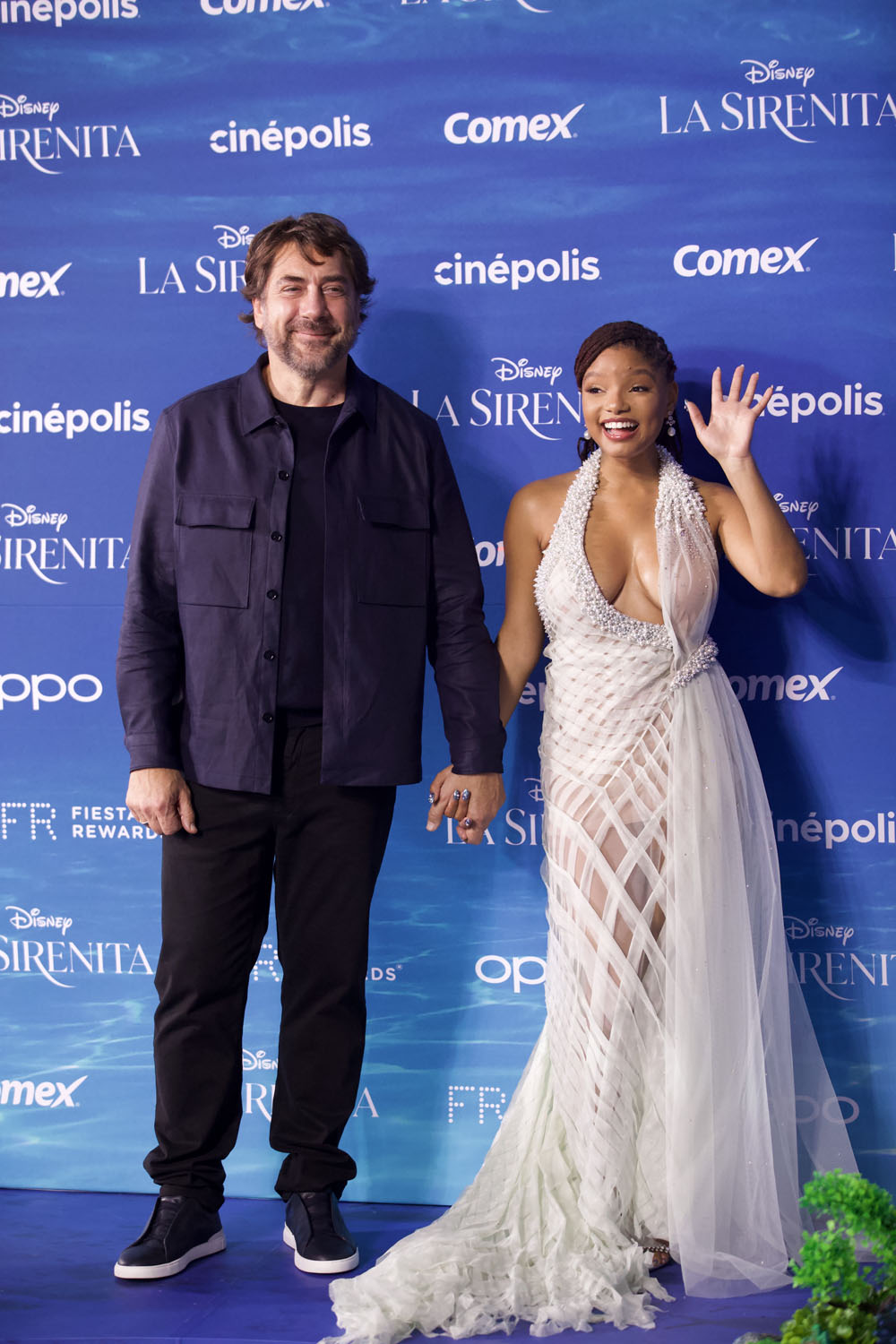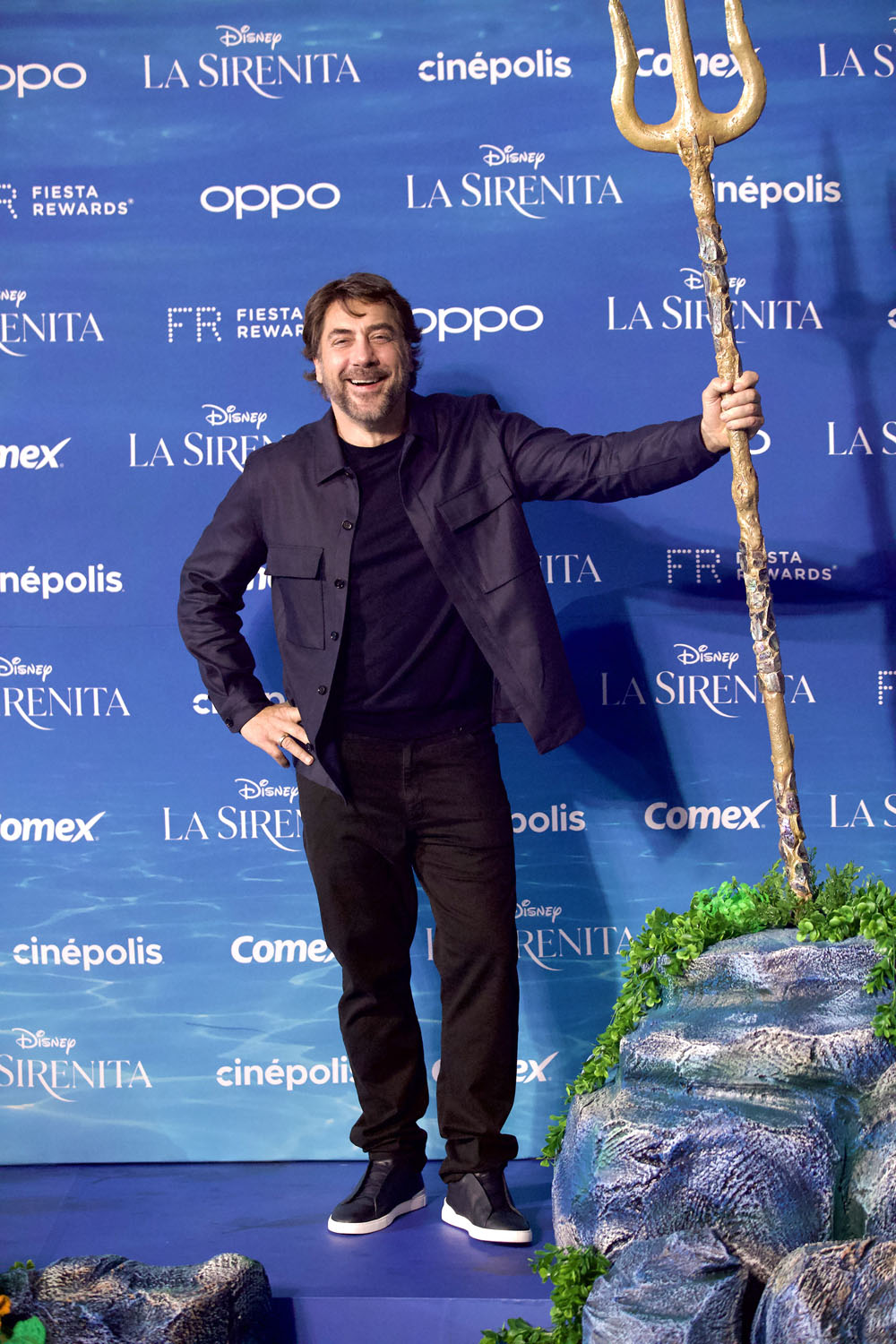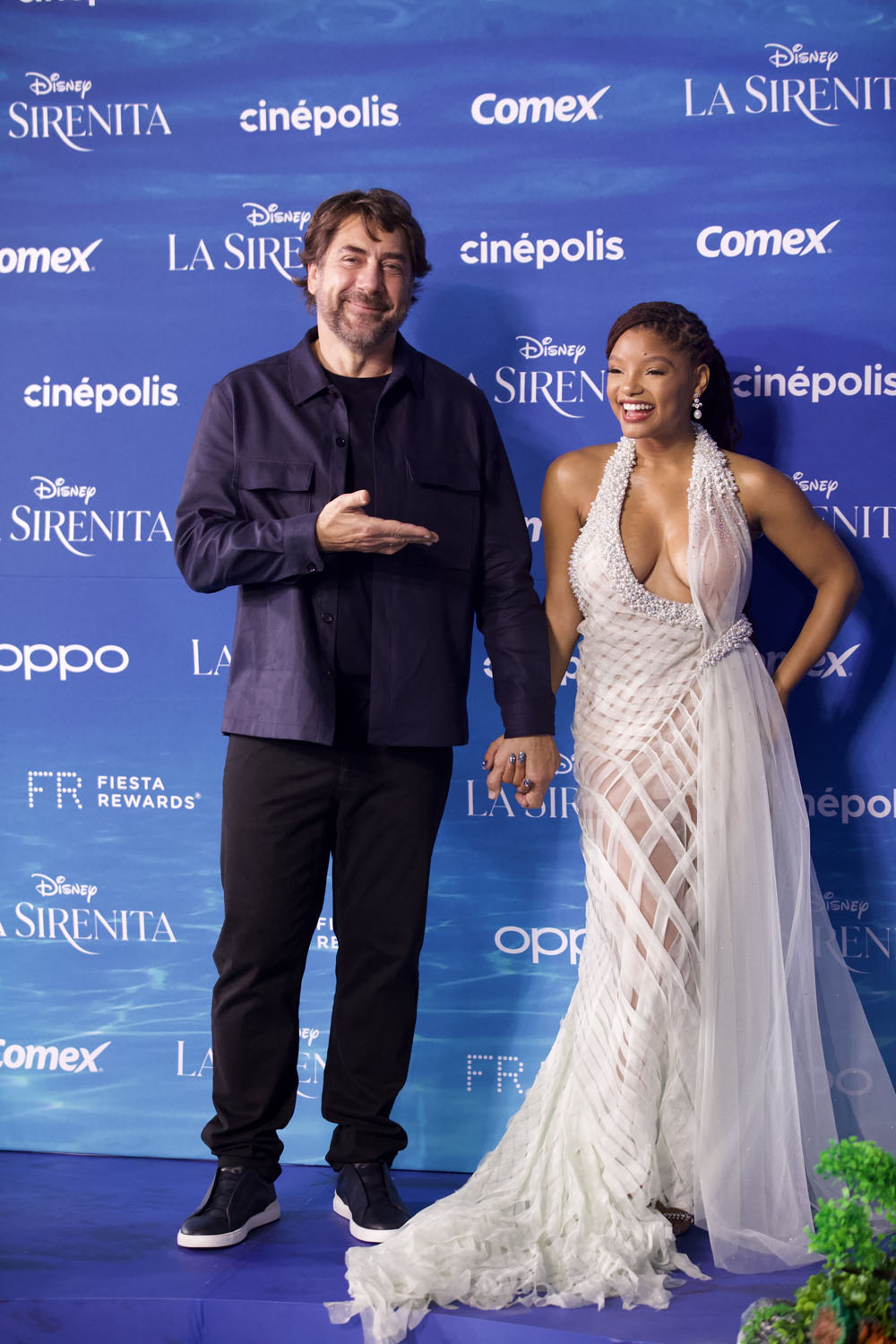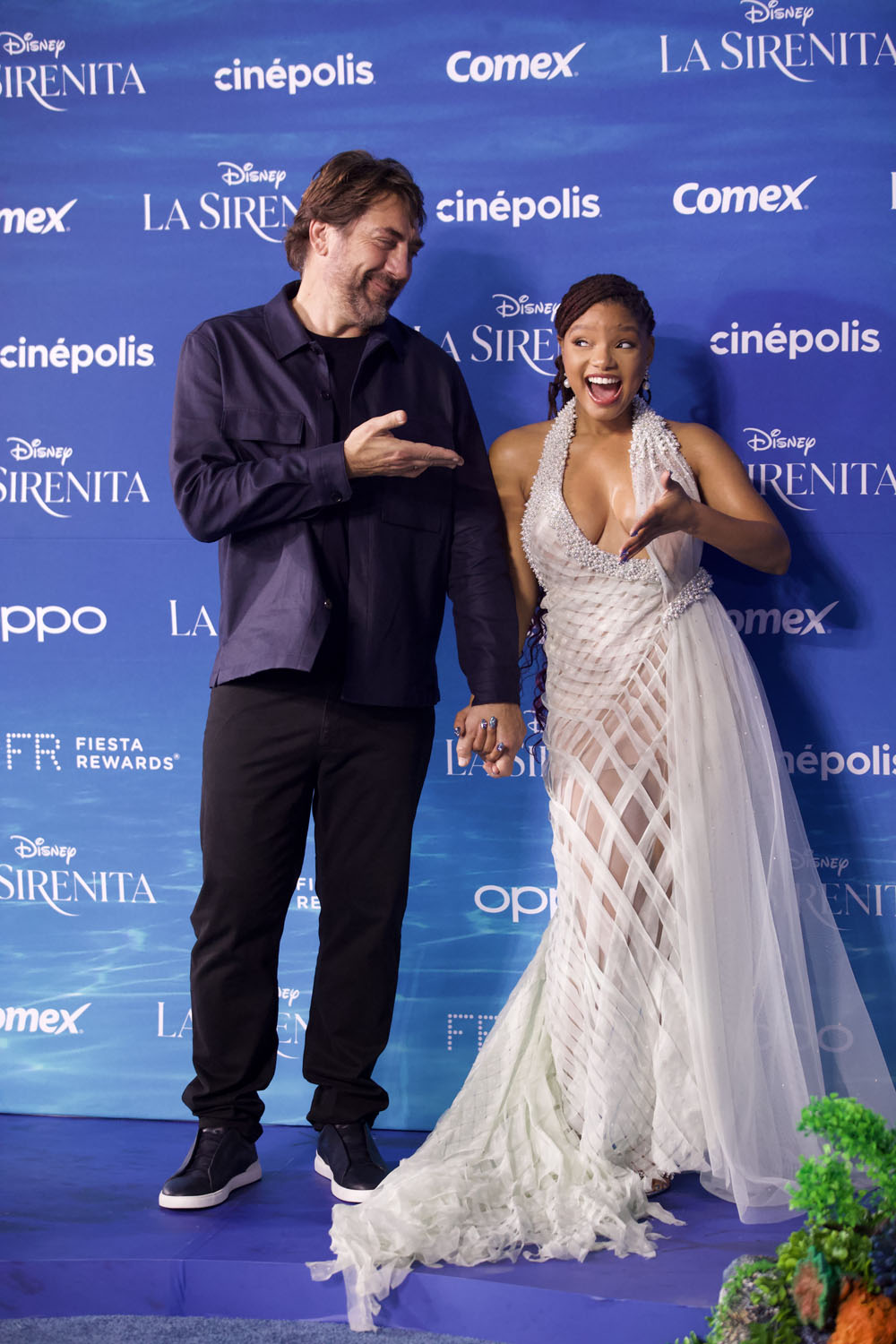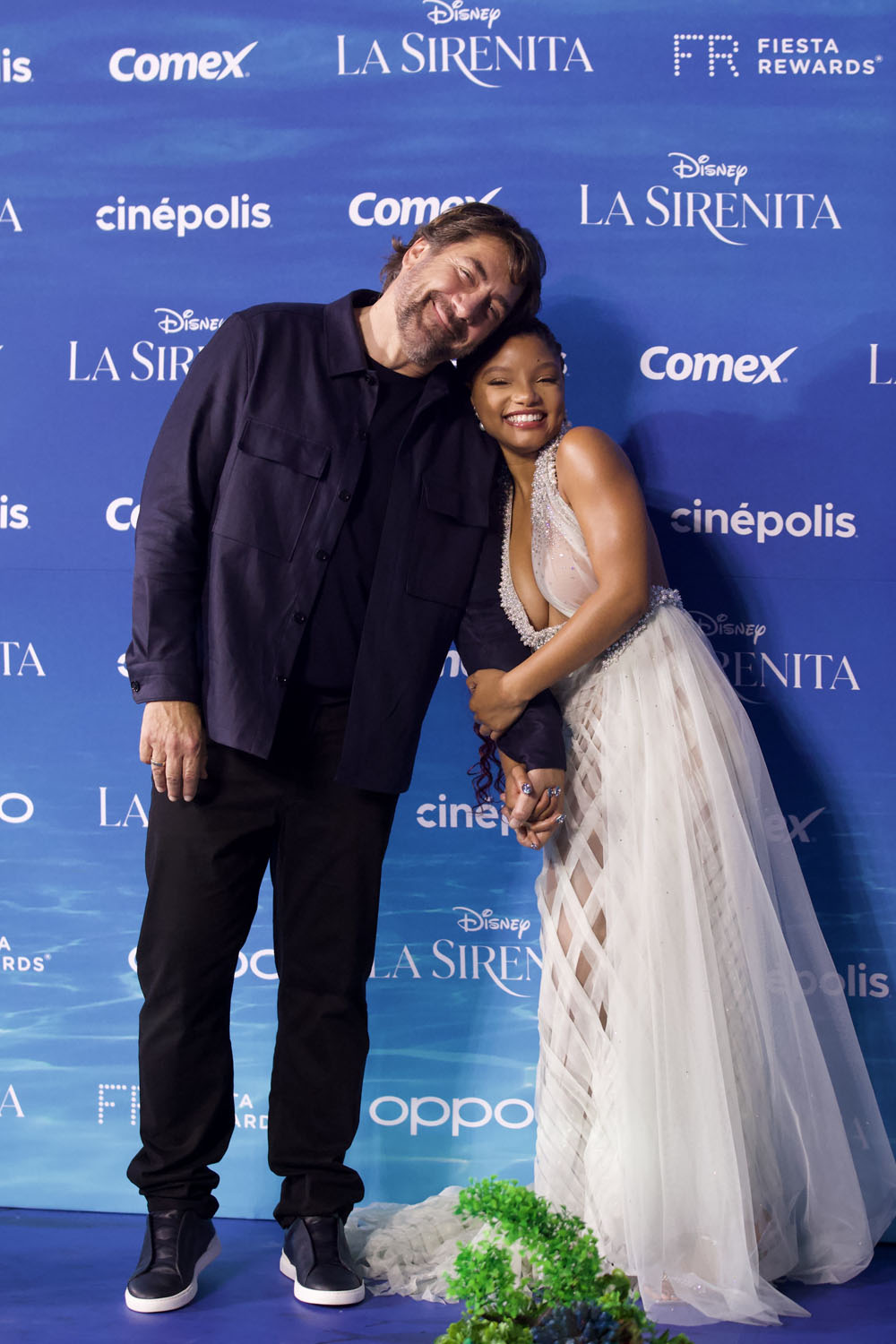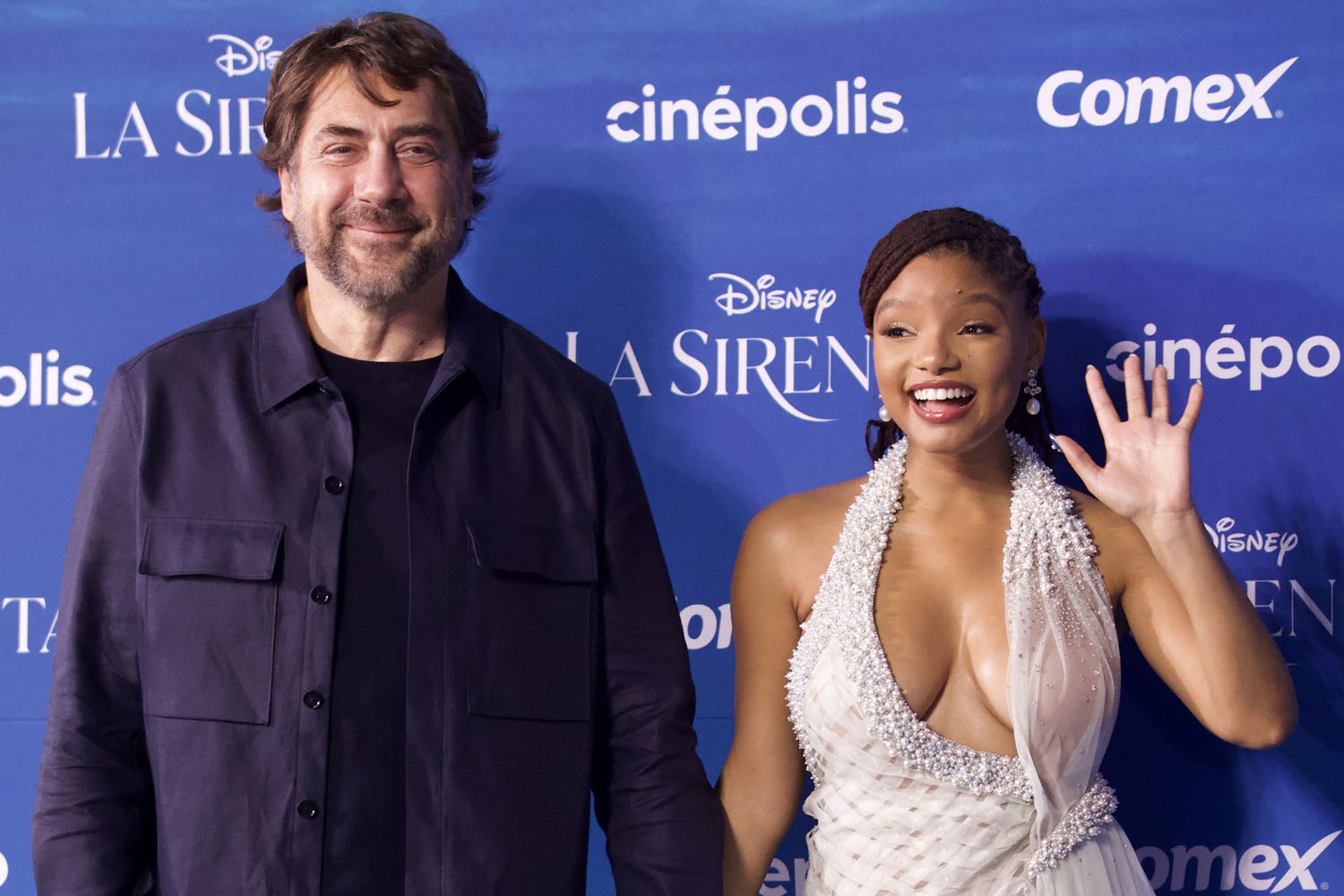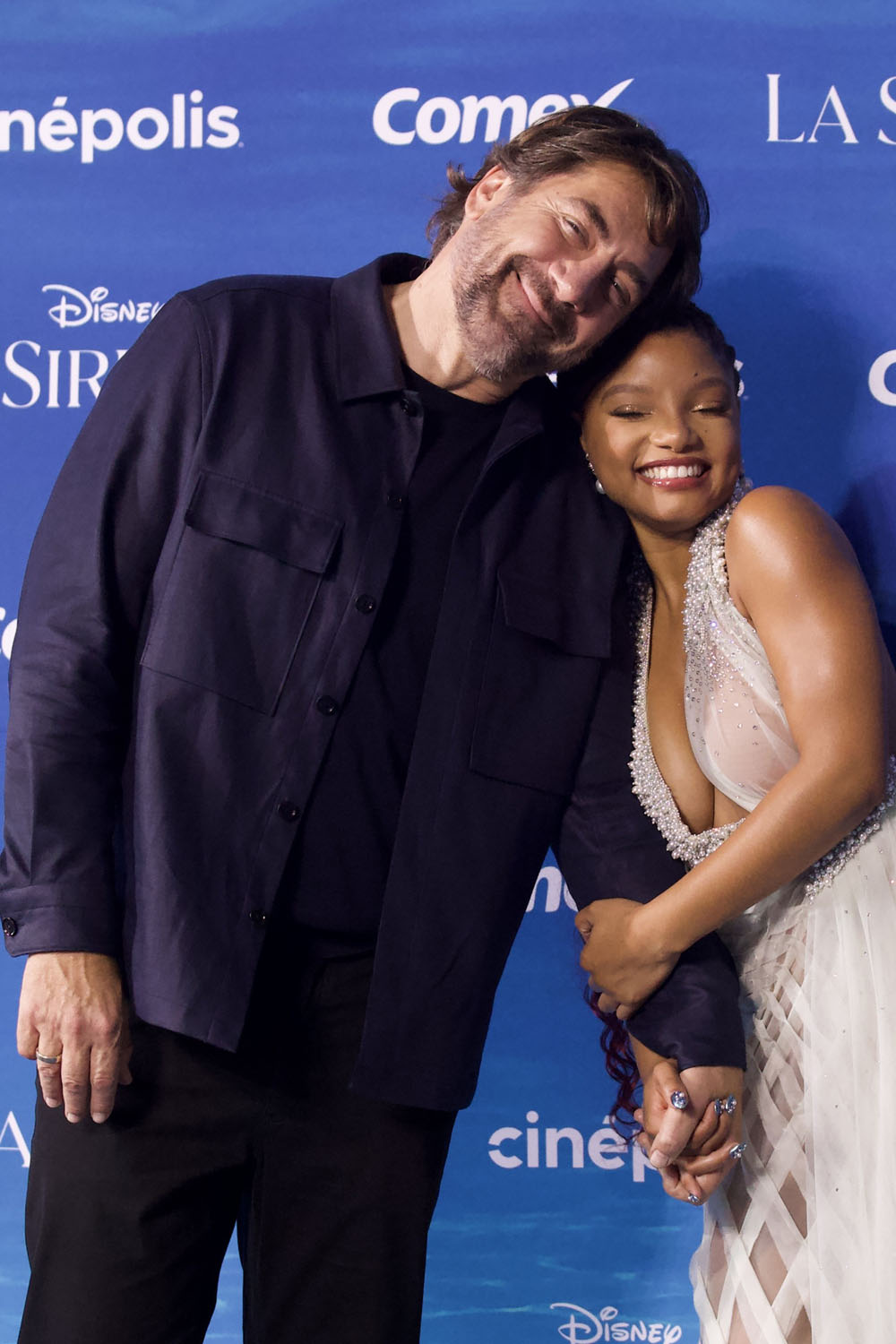The Little Mermaid highlights poor Caribbean representation


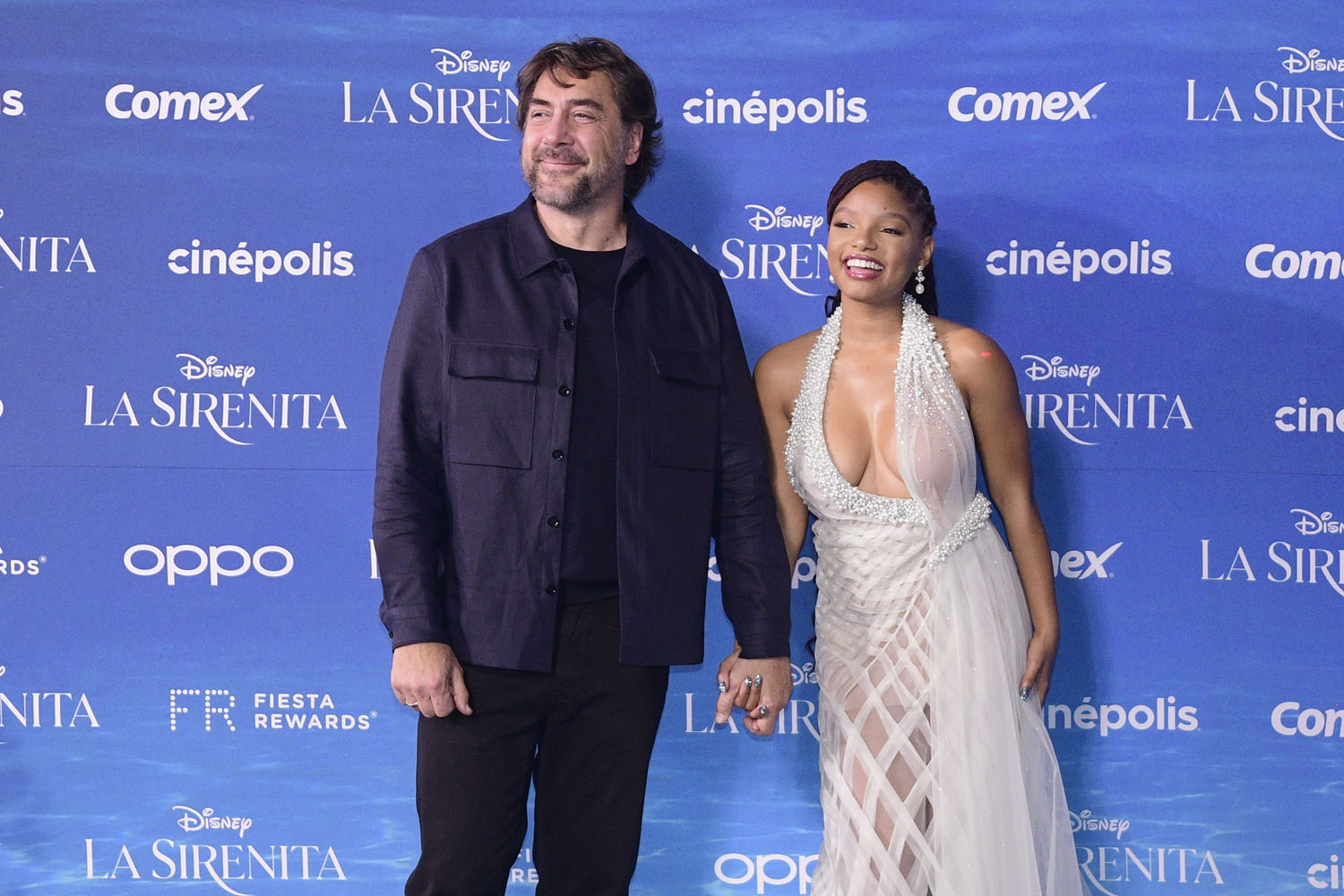
The Little Mermaid is making quite the splash following the world premiere in Hollywood, which Sarah wrote about here.
For the most part, Black people across the globe have been ecstatic to finally have a Black Ariel. But the excitement came to a bit of a halt, replaced instead with renewed concerns about the longstanding disturbing pattern of fake Caribbean accents in Hollywood films and an overall trend of Caribbean culture being severely misrepresented in pop culture.
In the film’s defence, it’s a lot more “up to the times” than the original. But that didn’t come without a ton of backlash. I wrote about the toxic fandom that was on full display following the announcement that Halle Bailey would depict Ariel here, which included 1.5 million dislikes on the trailer when it was released on YouTube. And with 34 years between the original Disney film and this year’s live-action adaptation – it better have come with some updates.
But some of the updates fell flat. Take Sebastian, for example. Twitter went nuts over this clip – which racked up over 14 million views. Some expressed their amazement over Halle’s movement, while others expressed sheer confusion over what accent is being portrayed by Daveed Diggs. Not only did people not know what kind of sea creature he was, but the uncertainty of where he could possibly be from turned into quite the discourse.
I’m a big fan of Daveed’s, so it’s upsetting that he is now caught in the crossfire of intense criticism online over his attempts to deliver on an accent that doesn’t come naturally to him. But even if I wasn’t a fan, I still wouldn’t blame him. I would, and do, blame the filmmakers and casting directors.
The thing that Hollywood gets wrong is the assumption that Black equals Caribbean. Casting Black actors assuming they are capable of simulating accents from islands like Jamaica, Trinidad, Haiti, Grenada - or any of the other tropical paradises they love to depict - is just wrong. But even more wrong is the idea that Black people should continue to accept the bare minimum when it comes to representation in film.
Think about a movie like How Stella Got Her Groove Back. This was a film that was shot in Jamaica, featured mostly Black actors, but anyone will tell you Taye Diggs had a horrible Jamaican accent. We saw something similar in the latest season of Outer Banks. I loved seeing different parts of Barbados throughout the series. It’s a surreal feeling to see places you’ve visited that are hardly talked about or shown on small or big screens pop up in something you’re watching. But I was snapped right back into reality when Carlacia Grant, bless her, opened her mouth.
Despite the uniqueness of each Caribbean accent, Bajan accents are especially difficult to imitate. If you’ve ever heard Rihanna speak when she isn’t code-switching or putting on an American accent, you’d agree. But Carlacia isn’t from Barbados. She’s from Florida. And while I loved seeing her on screen, my suspension of disbelief only went so far when she spoke. So not only is it unnecessary to cast an American to play the role of a Barbadian given the swath of talent across the Caribbean, it’s a genuine disruption to enjoying any given production if you know what it’s supposed to sound like.
I can just imagine the frustration of the filmmakers in situations where there is criticism in situations like this, seeing all the negative feedback on social media, shouting things like:
“They said they wanted more representation. We gave them Black actors! Now they want Caribbean actors? Where do I find those?!”
The answer is simple – the locations you film in. There are so many ways that the consumption of our culture comes down to convenience. It’s always boggled my mind that directors, location scouts, writers and producers will send entire crews to film in a particular location, but never explore those destinations enough to find the local talent they so desperately need to bring their films to life. And while the concern over paperwork and insurance can definitely be a nuisance, there are also a ton of actors from the Caribbean diaspora in North America.
But though it boggles my mind, it doesn’t surprise me in the least. Think about how common it is for millions of tourists to flock to the Caribbean and Latin American countries each year for destination getaways, never stepping foot off the resort to actually explore and experience the people and culture.
As someone who has spent time in the Caribbean, I appreciate how subtle the difference in dialects can be, especially to an untrained or unfamiliar ear. But the conversation about fake accents and calls to hire Caribbean actors has been happening for years. It can’t just be an oversight on the part of the people behind the film. They see the conversations. They see the feedback. They hear the reviews.
All of this begs the question of who the target audience these films are for. That’s why to me and so many others, it feels like hiring Black actors and crossing their fingers that no one notices how off the accents are is something that caters to white people specifically. Because it’s not white people making noise – it’s us.
In the same way I wouldn’t be able to tell whether an accent indicated a Puerto Rican, Spanish, Mexican or Dominican background, not every person is able to tell whether someone is reflecting a Guyanese, St. Vincentian or Antiguan accent, and that’s okay. But what’s not okay is to hear these complaints and fail to address them time and time again, especially when these films are capitalizing off depicting a culture that they continually fail to honour and represent authentically. And especially when there are so many feasible solutions to the issue.
The first and most preferable option would be to simply hire Caribbean actors. There are so many struggling actors throughout the Caribbean and the North America diaspora who would benefit greatly from the exposure and the money. The second is to hire casting directors and production staff that can help flag when accents are off. The fact that this entire movie was recorded and sent to theatres tells me either no one heard what the Caribbean audience members did or they were too scared to speak up. And while there’s also the option to not emulate an accent you can’t execute properly, as a third option, there are also voice and dialect coaches that can work with actors on mastering accents.
I wrote about Disney’s concerted effort to reimagine its classics as more inclusive, and I want to stand by that. But in a world where we can make a movie that takes place under the sea seem so real, there’s got to be something we can do about the cultural misrepresentation we see far too often.
Attached - Halle Bailey and Javier Bardem at the premiere of The Little Mermaid in Mexico City.

